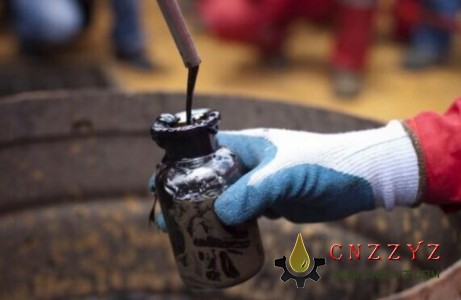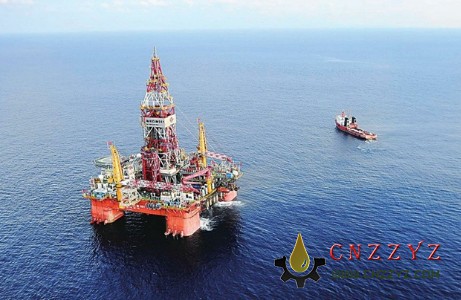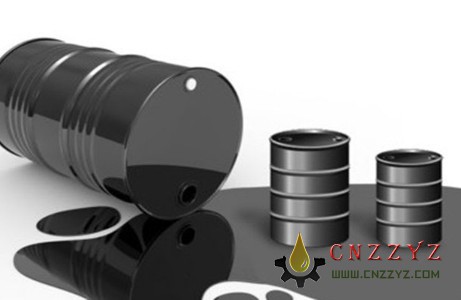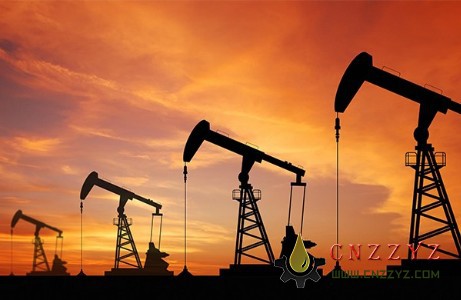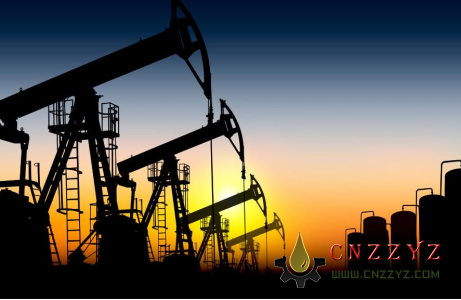石油设备网讯 据油气新闻6月14日消息称,国际能源署(IEA)在一份重要的新报告中表示,全球将面临一个重要的机会来开发氢的巨大潜力,使其成为更可持续和更安全能源的未来关键组成部分。
这项深入的研究分析了氢气的现状,并为其未来的发展提供了指导。该研究由国际能源署执行主任法蒂赫·比罗尔博士和日本经济、贸易和工业部长广岛·塞科先生在日本轻井泽召开的20国集团能源和环境部长会议上共同发起。这份题为《氢的未来:抓住今天的机遇》的报告发现,清洁氢目前正得到世界各国政府和企业的大力支持,政策和项目的数量正在迅速扩大。
氢可以帮助解决各种关键的能源挑战,包括帮助储存太阳能光伏和风能等可再生能源的可变产出,以更好地满足需求。它为一系列行业提供了脱碳的方法——包括长途运输、化工和钢铁——而事实证明,这些行业很难真正减少排放。它还有助于改善空气质量和加强能源安全。
各种各样的燃料都能生产氢,包括可再生能源、核能、天然气、煤炭和石油。氢可以通过管道以气体的形式运输,也可以通过船舶以液体的形式运输,就像液化天然气一样。它还可以转化为电力和甲烷,为家庭和饲料工业提供动力,并为汽车、卡车、船舶和飞机提供燃料。
比罗尔博士表示:“在进出口能源、可再生能源工业、电力和天然气公用事业、汽车制造商、石油和天然气公司、主要技术公司和大城市的政府推动下,氢气如今正享受着前所未有的发展势头。世界不应该错过这个独特机会——使氢成为我们清洁和安全能源的未来重要组成部分。”
曹海斌 摘译自 油气新闻
原文如下:
IEA: hydrogen production should be scaled up for a clean energy future
The world has an important opportunity to tap into hydrogen’s vast potential to become a critical part of a more sustainable and secure energy future, the International Energy Agency (IEA) said in a major new report.
The in-depth study, which analyses hydrogen’s current state of play and offers guidance on its future development, is being launched by Dr Fatih Birol, the IEA’s Executive Director, alongside Mr Hiroshige Seko, Japan’s Minister of Economy, Trade and Industry, on the occasion of the meeting of G20 energy and environment ministers in Karuizawa, Japan. The report – The Future of Hydrogen: Seizing Today’s Opportunities – finds that clean hydrogen is currently receiving strong support from governments and businesses around the world, with the number of policies and projects expanding rapidly.
Hydrogen can help to tackle various critical energy challenges, including helping to store the variable output from renewables like solar PV and wind to better match demand. It offers ways to decarbonise a range of sectors – including long-haul transport, chemicals, and iron and steel – where it is proving difficult to meaningfully reduce emissions. It can also help to improve air quality and strengthen energy security.
A wide variety of fuels are able to produce hydrogen, including renewables, nuclear, natural gas, coal and oil. Hydrogen can be transported as a gas by pipelines or in liquid form by ships, much like LNG. It can also be transformed into electricity and methane to power homes and feed industry, and into fuels for cars, trucks, ships and planes.
“Hydrogen is today enjoying unprecedented momentum, driven by governments that both import and export energy, as well as the renewables industry, electricity and gas utilities, automakers, oil and gas companies, major technology firms and big cities,” Dr Birol said. “The world should not miss this unique chance to make hydrogen an important part of our clean and secure energy future.”


